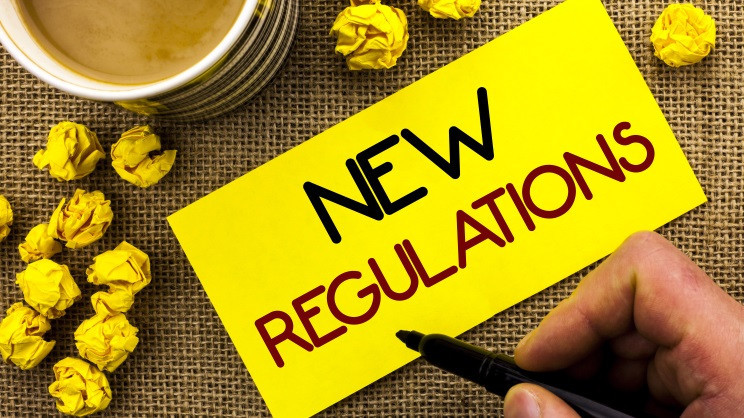Tightening the screws on the conformity assessment market
On March 20, 2018, the Eurasian Economic Commission Board passed the decision No. 41 “On the procedure for registration, withdrawal, renewal and termination of declarations of compliance with the requirements of the Eurasian Economic Union technical regulations”. After it was enacted on July 1, 2018, we have witnessed a dramatic shock in the compliance assessment market—certification agencies and accredited testing laboratories have undergone a series of mass inspections followed by a surge in prices for declarations of conformity and test reports. The latter, on top of that, must now be handed over to the applicant.

The time needed to obtain documents has also significantly increased. Where previously, for example, one could simply find a shady certification agency, provide a product description and HS code, and one hour later receive a compliance declaration, starting from July 1, the freeloading is over. The Federal Service for Accreditation has conducted a massive purge that led to revocation of accreditation for most certification agencies and laboratories, which violated the established compliance assessment procedure. Consequently, the unscrupulous certification agencies have either been closed or brought their working methods into line with legal requirements.
As a result, the minimum time required to obtain a declaration of conformity is now 5 work days while preparation of the desired test report will take some patience and a few weeks of waiting. Moreover, the applicant will have to provide a product sample to the testing laboratory prior to importation so that it can assess the product for compliance with all the requirements set out in applicable technical regulations implemented in the territory of the Eurasian Economic Union (EAEU).
But what are all these changes going to lead to? Monopolization in the compliance assessment industry that will force all agencies without a “cover” to go out of business? Closures of thousands of certification agencies and testing laboratories all over the country? What are regulatory authorities are trying to achieve by introducing such radical changes to the conformity assessment legislation and thus compelling importers to purchase imports in accordance with the law—that is, provide product samples to accredited laboratories and conduct the real testing of imported goods?
Well, it is really quite simple. In our daily life, we are just ordinary consumers who buy a large number of foreign-made foods, clothing and electronic equipment in stores and shopping malls. It is unlikely that you have ever wondered how exactly the goods appear on the shelves and whether their quality meets the requirements of GOSTs, technical regulations and other standards adopted in the territory of the EAEU. It is also unlikely that you have given any thought to the fact that before being placed on the shelves, a product must undergo thorough testing to guarantee its safety for the consumers’ health. When making purchases, the buyer subconsciously does not think about whether a product was imported into the country legally and passed all the necessary tests or whether they will have to queue up for an appointment with a physician later.
Hopefully, the government authorities have not in vain declared a war on hundreds of certification agencies and testing laboratories that implicitly follow importers’ wants and churn out declarations in 1 hour without any testing, and thus continue to pose risk to our health and lives. While using such unscrupulous methods to reap big profits, these agencies and laboratories, however, forget that in our everyday life we all are nothing more but regular customers who do not have any expertise in the compliance assessment field, which means that all these poor-quality products may end up in our carts after visiting stores and shopping malls.
It only remains unclear why these massive changes occurred just now as no one had tried to approach the certification market so decisively since the 90s. Are these changes caused by intentions to protect citizens from poor-quality goods or is it just redistribution of influence that will be followed by a government reshuffle and subsequent return to the old, tried-out schemes? Sincerely hope that it all is about the first assumption.
Feedback
Do not hesitate to contact
us if you have any questions
to processing of my personal information